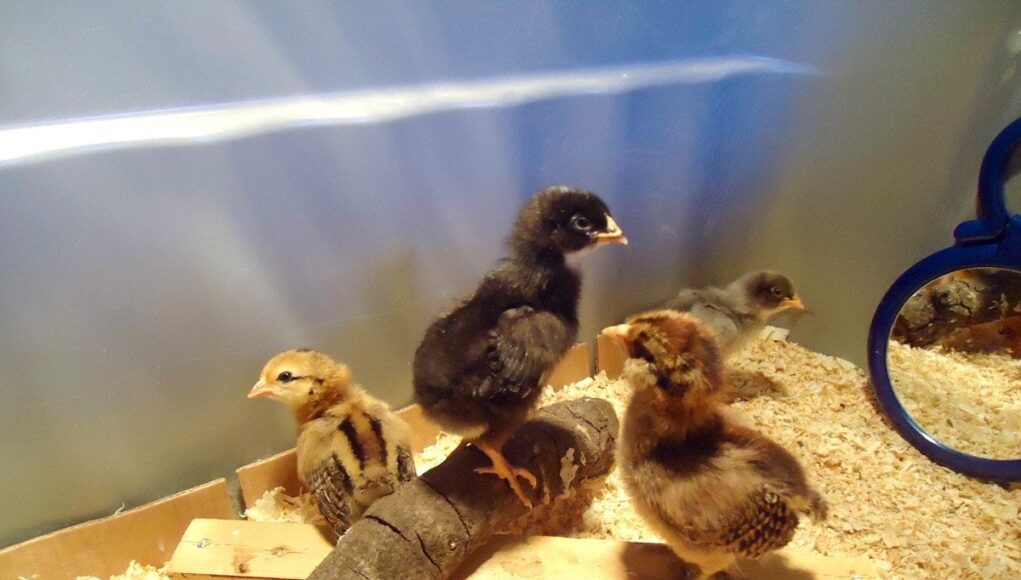Raising chicks is a rewarding experience, but it comes with its own set of challenges. One common issue many poultry caretakers face is learning how to keep chicks from pecking at each other. Pecking can lead to injuries and stress among the flock, diminishing the overall health and harmony of your chicks. Understanding the reasons behind this behavior and implementing effective strategies can make a significant difference.
In this article, we will explore various methods to ensure your chicks grow up in a peaceful and safe environment. Whether you’re a seasoned chicken lover or a beginner, these tips will guide you in creating a harmonious home for your feathered friends.

Understanding Chick Pecking Behavior
Why Do Chicks Peck?
The first step in addressing the issue is understanding the cause behind chick pecking. Chicks peck for various reasons, including establishing a social hierarchy, curiosity, boredom, or lack of resources. Identifying the root cause can help in finding the right solution.
Pecking Order: A Natural Behavior
Chicks are social creatures, and establishing a pecking order is a natural part of their behavior. However, when pecking becomes aggressive, it can lead to injuries and stress. Ensuring all chicks have access to food, water, and space can help mitigate aggressive pecking.
Providing Adequate Space
Importance of Space in Preventing Pecking
Adequate space is crucial in preventing chick pecking. Overcrowding can lead to stress and aggressive behavior. Ensure that your brooder provides enough room for all chicks to move around comfortably.
Designing an Ideal Brooder
When setting up your chick brooder, consider the space requirements for the number of chicks you have. For tips on designing a small chick brooder, check out this small chick brooder design guide.
Providing Ample Resources
Ensuring Access to Food and Water
Competition for resources can lead to pecking. Make sure there are enough feeders and waterers to accommodate all chicks, reducing competition and stress.
Creative Feeding Strategies
Introduce multiple feeding stations and use varied feeding methods to keep chicks engaged and reduce pecking. For more ideas on keeping feed dry and accessible, visit this brooder feed guide.
Keeping Chicks Occupied
Introducing Toys and Enrichment
Boredom is a common cause of pecking. Providing toys and enrichment activities can keep chicks occupied and reduce aggressive behavior. Simple items like mirrors, perches, and treat dispensers can make a big difference.
Rotating Enrichment Activities
Regularly change the enrichment activities to keep chicks interested. This not only reduces pecking but also promotes healthy physical and mental development.
Maintaining Cleanliness
Importance of a Clean Environment
A clean brooder can help prevent the spread of diseases and reduce stress-related pecking. Regularly changing the bedding and cleaning feeding areas is crucial. For more information on maintaining cleanliness, read this brooder bedding guide.
Choosing the Right Bedding
Selecting the appropriate bedding can contribute to a healthy environment. Consider eco-friendly options for a sustainable approach. More details can be found in this eco-friendly brooder guide.
Monitoring Behavior
Observing and Identifying Aggression
Regularly observe chick behavior to identify any signs of aggression early on. This allows you to address issues before they escalate.
Using Dividers for Aggressive Chicks
If aggression persists, using dividers to separate aggressive chicks temporarily can help. This gives them time to calm down while maintaining a peaceful environment for others.
Consulting Experts
Seeking Advice from Poultry Experts
Don’t hesitate to seek advice from poultry experts if you’re struggling with persistent pecking issues. Experienced chicken caregivers can provide valuable insights and solutions.
Online Resources and Communities
Join online communities and forums to connect with other chicken lovers. Sharing experiences and tips can be incredibly helpful in managing pecking behavior.
Conclusion
Preventing chick pecking requires a combination of understanding their behavior, providing adequate resources, and maintaining a clean and enriching environment. By implementing these strategies, you can ensure your chicks grow up in a happy and healthy setting.

FAQs
What is the main reason chicks peck each other?
Chicks peck each other primarily to establish a social hierarchy, also known as the pecking order. It can also be due to boredom, lack of resources, or overcrowding.
How much space do chicks need to prevent pecking?
Providing adequate space is crucial. As a general rule, each chick should have at least 0.5 to 1 square foot of space in the brooder.
Can toys help in reducing chick pecking?
Yes, introducing toys and enrichment activities can help keep chicks occupied and reduce pecking behavior. Regularly rotating these activities can keep them engaged and promote healthy development.
This article contains affiliate links. We may earn a commission at no extra cost to you.











